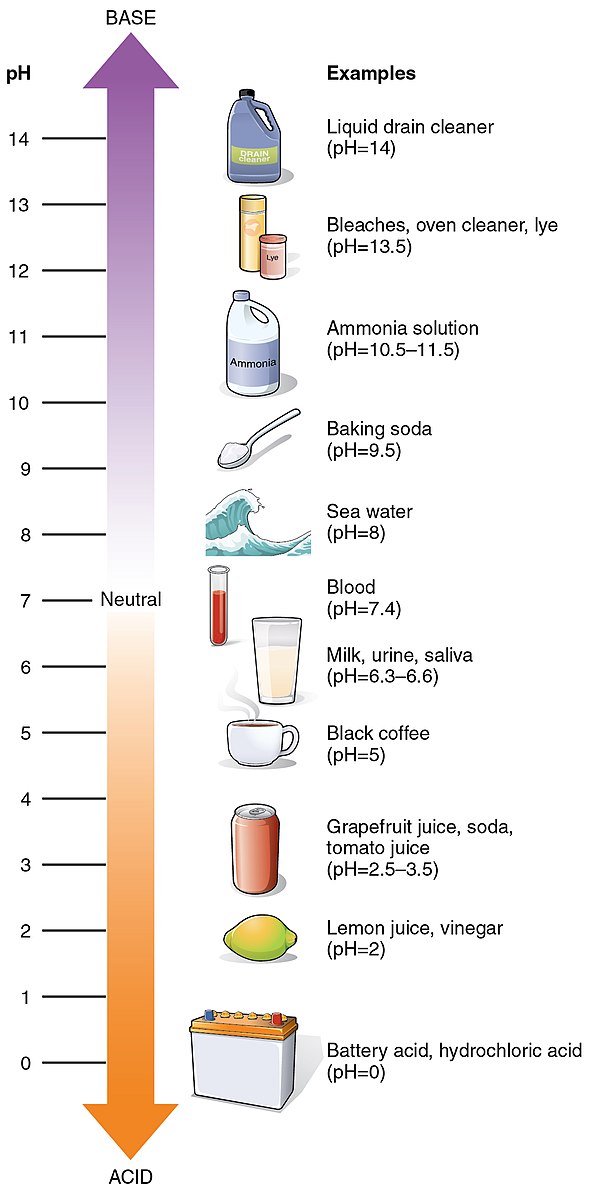The pH level of tap water in Boston, USA, is a crucial factor that affects its suitability for various purposes, from drinking to aquarium maintenance. With the primary water source, the Quabbin Reservoir, having a pH around 6.8, the water treatment process aims to raise the pH to ensure safe drinking water, resulting in a higher pH value, typically above 9, in the final tap water.
Understanding the pH of Boston’s Tap Water
The pH, or potential of hydrogen, is a measure of the acidity or basicity of a solution. The ideal pH range for most fish and aquatic life is between 6.5 and 8.5, while the pH of Boston’s tap water is often above 9, making it more alkaline.
This discrepancy is due to the water treatment process, which involves the addition of chemicals to raise the pH and ensure the water is safe for human consumption. The Massachusetts Water Resources Authority (MWRA) is responsible for treating and distributing the water to the city of Boston, and they adhere to strict state and federal standards to maintain water quality.
Addressing the High pH in Boston’s Tap Water
 Image source: OpenStax College
Image source: OpenStax College
For those who are concerned about the high pH levels in their tap water, there are a few steps that can be taken to address the issue:
-
Letting the Water Sit: One simple solution is to let the tap water sit for a few hours, which can cause the pH to drop back to a more neutral level.
-
Using a Water Conditioner: Aquarium owners can use a water conditioner specifically designed for aquariums, which can help lower the pH to a safe level for fish and other aquatic life.
-
Installing a Water Filter: Homeowners can also install a water filter, either a pitcher-style filter or a more complex system that attaches to the faucet or plumbing, to remove contaminants and adjust the pH.
Other Contaminants in Boston’s Tap Water
In addition to the high pH, Boston’s tap water may also contain other contaminants, such as lead, chlorine, and fluoride. These substances are added to the water for beneficial purposes, but some people may prefer to remove them.
Lead Contamination
Lead is a particular concern, as it can leach into the water from household plumbing. To address this issue, the MWRA has implemented a corrosion control program to reduce the amount of lead in the water. It’s also recommended to flush your pipes before using the water for drinking or cooking, especially if the water has been sitting in the pipes for several hours.
Chlorine and Fluoride
Chlorine is added to the water to kill bacteria, while fluoride is added to promote dental health. Some people may prefer to remove these substances using a water filter.
The Importance of Water Quality
Maintaining the quality of tap water is crucial for both human health and the environment. The MWRA has won awards for the quality of Boston’s tap water, but it’s important for residents to be aware of the potential contaminants and take steps to ensure their water is safe for their intended use.
Whether you’re using the water for drinking, cooking, or maintaining an aquarium, understanding the pH and other contaminants in Boston’s tap water can help you make informed decisions about how to best address any concerns.
Conclusion
The pH of tap water in Boston, USA, is a complex issue that requires a nuanced understanding. While the high pH levels may be a concern for some, particularly those with aquariums, the water is still safe for human consumption. By taking steps to address the pH and other contaminants, Boston residents can ensure they have access to high-quality tap water that meets their needs.
References:
– High pH in Boston Area Water
– Water Quality Concerns
– Water Quality Report 2021
– pH of Boston Tap Water
– Monthly Water Quality Updates
